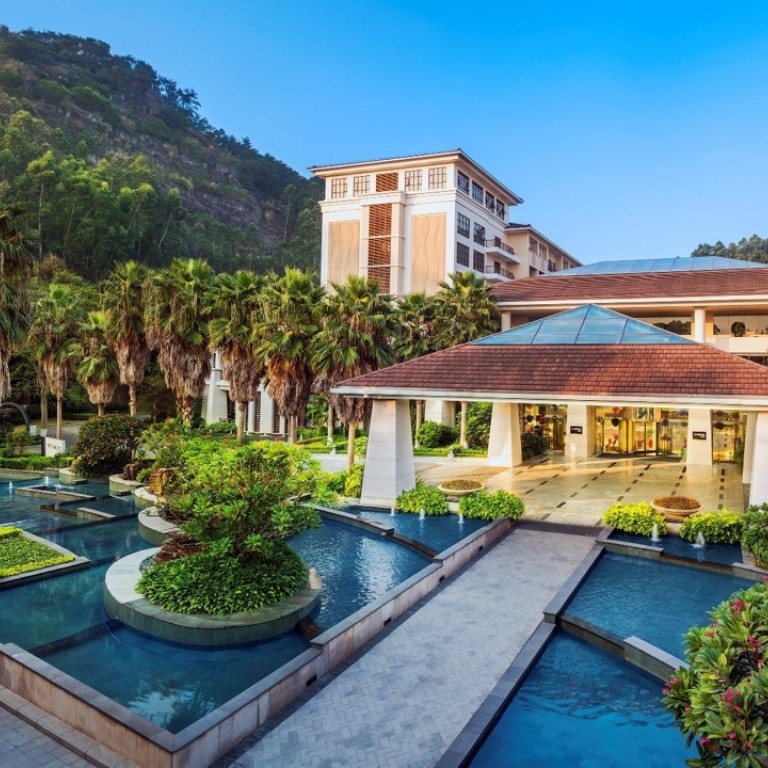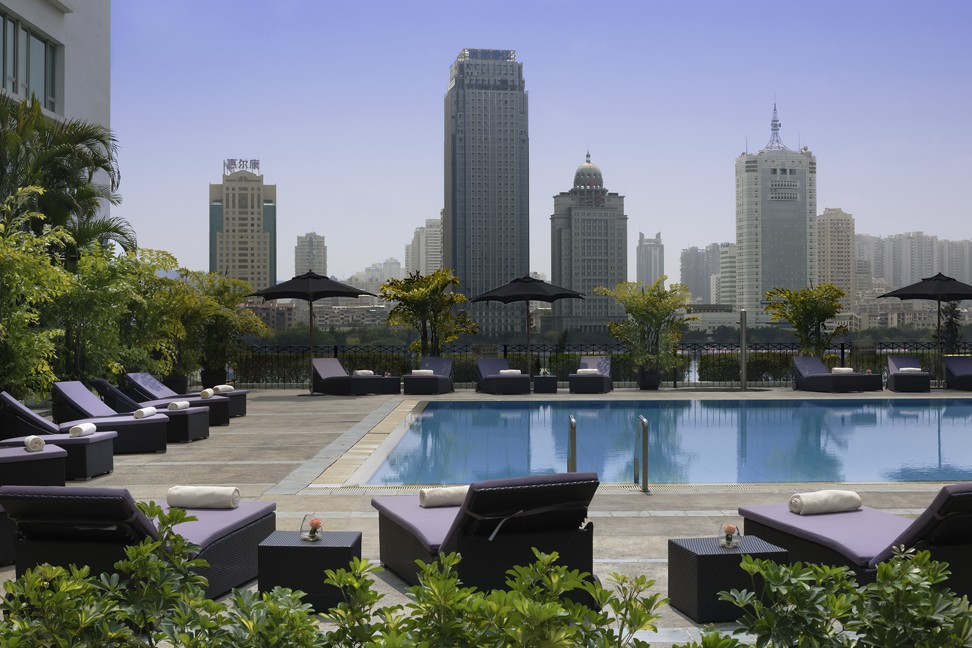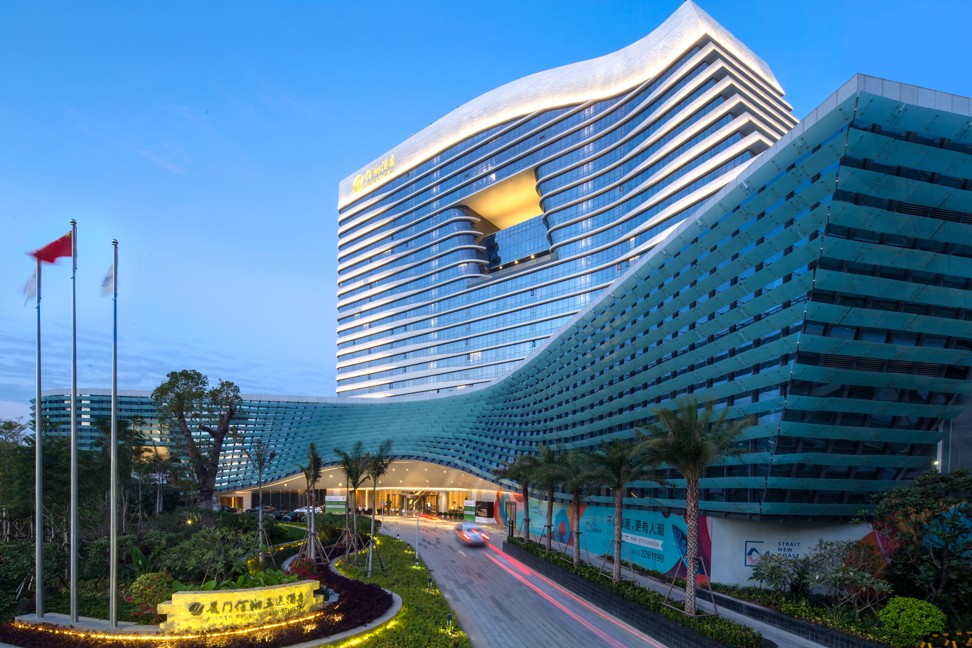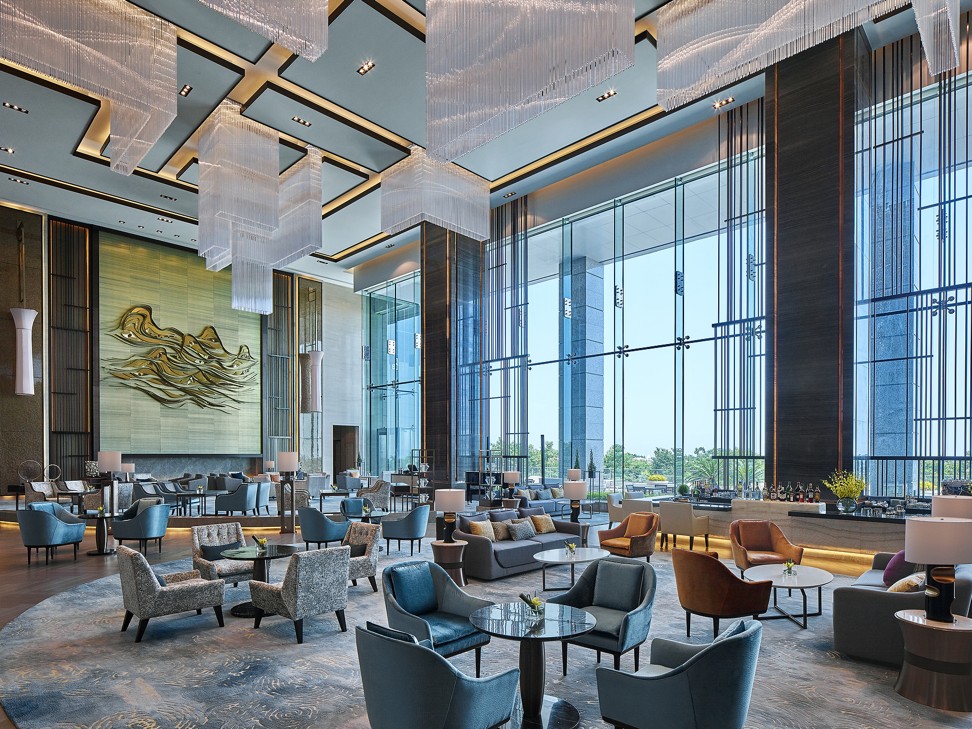
Upscale hotels cater to the needs of business and leisure travellers
Xiamen has a wide selection of hotels to choose from, some of which cast a wide net in terms of the guests they hope to attract, while others focus on particular segments
Blessed with vibrant commercial, meeting and leisure travel industries, it’s no surprise that the city offers a surfeit of upscale hotels, with more than two dozen five-star hotels now gracing the city, according to David Katemopoulos, general manager of Le Meridien Xiamen.
It’s a number that’s sure to grow. Millie Tsui, general manager of the Marco Polo Xiamen, notes that an additional 22 premium hotels are set to open in the city in 2020.
Even individual neighbourhoods in Xiamen have a surfeit of top-flight hotels. Johnny Wu, deputy director of operations, Fliport Hotels and Resorts, notes that compact areas such as the Wuyuanwan district and its nearby software park alone have more than 1,000 rooms spread over four international brand name hotels.
Some hotels tend to drill down in certain segments of the market while others cast a wide net. Richard Hng, general manager of the Shangri-La Hotel Xiamen, says that his guests are frequently business travellers during the week and leisure guests on the weekend.

The Marco Polo has long focused on “corporate travellers and free independent travellers”, Tsui says. She adds that “we are focused on being a business hotel [because] once a hotel begins to rely on groups, it cannot go back”. Likewise, Fliport primarily focuses on business travellers, with a secondary emphasis on leisure travel.
Intense competition also drives the city’s hotels to differentiate their products and services. Katemopoulos emphasises Le Meridien Xiamen’s unique location on Xianyue Mountain, adding that “it’s the only hotel both in the city centre and in a country environment”. All rooms include high-end amenities such as rainforest showers and a balcony to enjoy the view. Guests also have access to the hotel’s Discovery programme, a custom-made walking and discovery map that helps travellers explore the area.
We are focused on being a business hotel [because] once a hotel begins to rely on groups, it cannot go back
The Marco Polo stands out for its “great location, which is convenient not just because of Bar Street and Coffee Street but because it’s a quiet place, you feel like you’re in a resort area”, Tsui says.
Proud of the hotel’s guest service, she adds that the hotel is becoming a “food hub”, anchored by its Chinese, Japanese and Western restaurants and the lobby lounge and what will be a total of four on-site restaurants run by third parties.

The Shangri-La Hotel Xiamen is ideal for corporate and meetings guests, Hng says, because of its location near the Xiamen Convention and Exhibition Centre. He notes that the hotel also has convenient access to the city’s largest stretch of beach. Families can take advantage of the largest Kids Club in the city, which offers 500 square metres of space as well as access to a multiuse studio with classes for children such as martial arts and physical education.

Even as the city becomes more accessible, it is also expanding and offering new opportunities off the island of Xiamen. “A lot of things are happening beyond the island itself,” Hng says, citing the upcoming new airport in mainland Xiamen. “International brand hotels are also sprouting up off the island,” he adds.
While items like the growing new subway make the city more convenient, Wu says, changes in how the city greets and processes guests also make it more of a draw. He cites as an example of reduced travel friction the ability of Taiwan residents to use their Mainland Travel Permit as a local identity card at the Xiamen Gaoqi International Airport and the Wutong Ferry Terminal.
Whether for business or leisure, it’s never been a better time to visit Xiamen, both because of its attractions and because of local market conditions. Given the intense competition, “room rates are going down a bit,” Tsui says.

